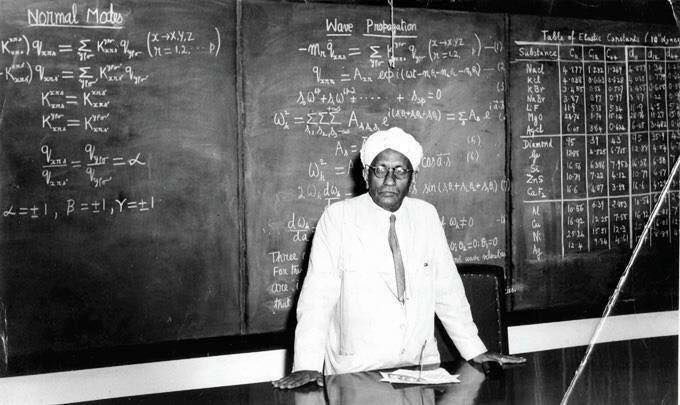
One of India's most renowned scientists and a trailblazer in the field of physics is Chandrasekhara Venkata Raman, also known as C.V. Raman. Raman, born in Trichy, Tamil Nadu on November 7, 1888, made history by being the first Asian to receive the Nobel Prize in Physics in 1930 for his innovative research on light scattering. His reputation as a forward-thinking scientist and devoted patriot who substantially impacted India's scientific realm will always be remembered in history.
Early Life Of CV Raman
Raman completed his initial schooling at different schools in India, and he obtained a Physics degree from Presidency College in Madras (now Chennai) in 1904. Before completing his formal education, he demonstrated a strong interest in science, earning multiple awards and recognition. At first, he joined the Indian Audit and Accounts Service, where he spent many years, but his true passion was science, so he pursued his research during his spare moments.

Turn Towards Physics
In 1917, Raman's professional trajectory advanced significantly as he became the Physics Professor at the University of Calcutta. While in Calcutta, he conducted groundbreaking research that resulted in his Nobel Prize-winning discovery: the Raman Effect. Discovered in 1928, this occurrence showed that light can alter frequency when moving through a see-through substance, shedding light on the relationship between light and matter. This finding brought him worldwide acclaim and played a key role in advancing different scientific areas like quantum mechanics and molecular spectroscopy.

Nobel Prize
Aside from the Nobel Prize, Raman made an immeasurable impact on Indian science. He founded the research laboratory at the Indian Institute of Science (IISc) that helped develop the country's scientific infrastructure. In his role as a mentor, he motivated a new breed of Indian scientists and contributed to laying a solid scientific groundwork in the country, fostering a surge in research and creativity.

Role Model For India
Raman played a key role in establishing scientific institutions in India during the nationalistic movement. In 1924, he was named a fellow of the Royal Society and was awarded several prestigious honors during his life, such as India's top civilian honor, the Bharat Ratna, in 1954.

Raman's Legacy Continues
Raman's legacy continued to endure even after his death in 1970. The Raman Effect is still a fundamental aspect of contemporary physics, and organizations like the Raman Research Institute in Bangalore are dedicated to furthering research in his honor. The Indian government acknowledged his contributions by declaring his birthday, which falls on November 7, as National Science Day.
C.V. Raman's life exemplified the influence of curiosity, dedication, and patriotism, establishing him as a genuine pioneer of Indian physics. His accomplishments still serve as a source of inspiration for scientists across the globe.